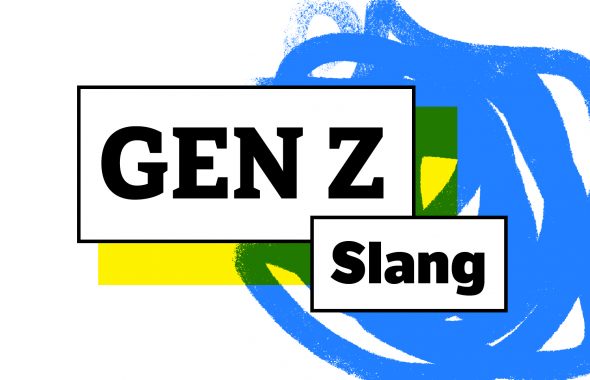The word anarchy has held the negative connotations of lawlessness leading to disorder and chaos since the sixteenth century, but in 1840, the first self-proclaimed anarchist started to project a more positive sense of the word. Pierre-Joseph Proudhon (pictured) wrote in his work What is Property? that, “property is robbery,” and that, “Although a firm friend of order, I am (in the full force of the term) an anarchist.”Anarchist Manifesto, written by Anselme Bellegarrigue in 1850, starts with the words “Anarchy is Order.” Bellegarrigue argues that anarchy does not mean chaos or civil war, but rather the “negation of governments,” and ultimately, “the true expression of social order.” Nevertheless, the associations between the word anarchy and violence were strengthened in 1901 when self-identified anarchist Leon Czolgosz assassinated US President William McKinley.
If you’re not sure whether individuals view anarchy as senseless chaos or a valid political theory, their choice of adjective might just give them away: anarchistic is more often used when referring to political ideas, whereas anarchic is used pejoratively to describe anything lawless or reckless.
Popular References:
Sons of Anarchy, TV Show. Premiered in 2008 on FX.The Anarchist Cookbook, Movie, 2002. This film takes its title from the 1971 book of the same name, which contained instructions for making explosives and other devices.
“Anarchy in the U.K.,: Sex Pistols, LP, 1976. The punk movement adopted the term anarchy to express their anger at systems they despised, and in 1976, the Sex Pistol emerged with their debut single “Anarchy in the U.K.”
Related Quotations:
“Vulgar error has taken ‘anarchy’ to be synonymous with ‘civil war.’”
—Anselm Bellegarrigue, Anarchist Manifesto (1850)
Turning and turning in the widening gyre
The falcon cannot hear the falconer;
Things fall apart; the centre cannot hold;
Mere anarchy is loosed upon the world.
—William Butler Yeats, “The Second Coming” (1919)
—
Read our previous post about the word happiness.
—
A motley combination of Anglo-Saxon, Latin, and Germanic dialects, the English language (more or less as we know it) coalesced between the 9th and 13th centuries. Since then, it has continued to import and borrow words and expressions from around the world, and the meanings have mutated. (Awesome and awful once meant nearly the same thing.)
Some specimens in the English vocabulary have followed unusually circuitous routes to their place in the contemporary lexicon, and this series, Lexical Investigations, unpacks those words hiding in our midst.













